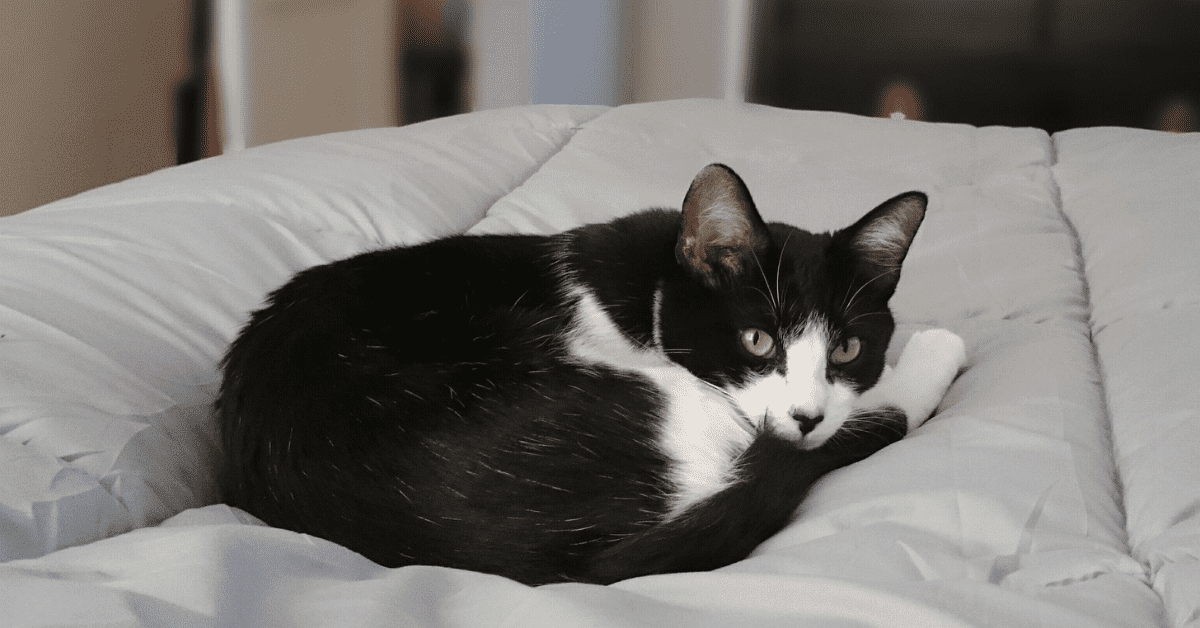
It’s 3 am and the whole house is fast asleep when suddenly a noise disrupts the calm. It’s the cat!
Why is my cat meowing like that?
Although the feline vocal range varies, typical meowing is exclusive to communication with humans. This behaviour is learnt by association, for example if they meow you may feed them or open the door to the garden. The repetition of the reward when they meow encourages this behaviour.
Keep your cat busy every day
Many domestic cats struggle to find enough entertainment in their days. A cat that lacks activities to expend his physical and cognitive energy will busy himself in ways that sometimes annoy humans. To keep your cat active during the day you could offer interactive food stations, play sessions, access to windows and high surfaces around the room or you could even try teaching them tricks. These things provide them with a routine less likely to lead to problematic behaviour.
Reset the cycle
In order to promote sleep, it is recommended to try to reproduce the cat’s cycle of hunting, eating, grooming and sleeping. At the end of the evening offer a bit of playtime, followed by a meal in an interactive bowl. When he has finished eating, he will tend to groom himself and then fall asleep to digest. The frequency and duration of night meowing should therefore decrease.
Break the habit
The context in which unwanted meows occur is very important as it will guide you to the best solution. As a general rule, meowing should be ignored until the cat understands that this behaviour no longer benefits him. This may take a few days or weeks, and there will be a period during which the intensity level will increase. A change in routine could also be beneficial. If, for example, your cat typically wakes you to get his morning meal, perhaps try taking a shower before feeding him. It will now be the shower that foretells the arrival of food rather than getting up.
What if my cat keeps meowing at night?
Some pathological behavioural disorders can cause excessive meowing at night. In such cases a qualified feline behaviour counsellor or veterinarian can help you.
Join our cat lover community on Facebook, Instagram or Twitter for more cat facts and conversations.
